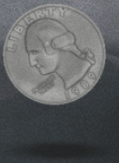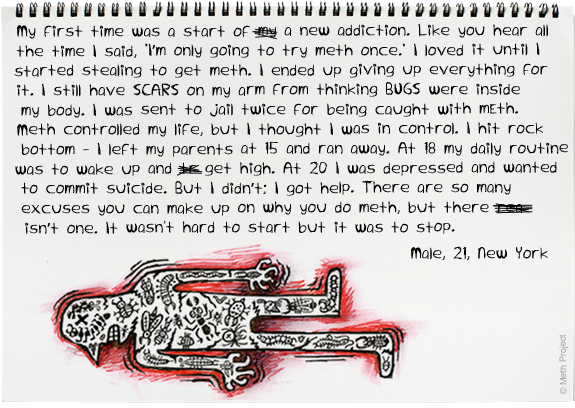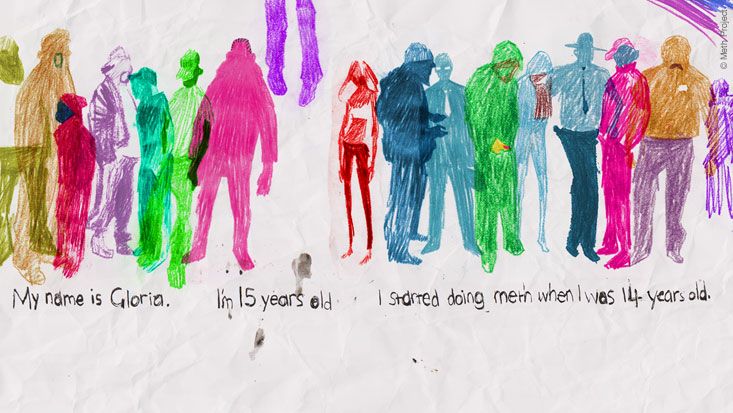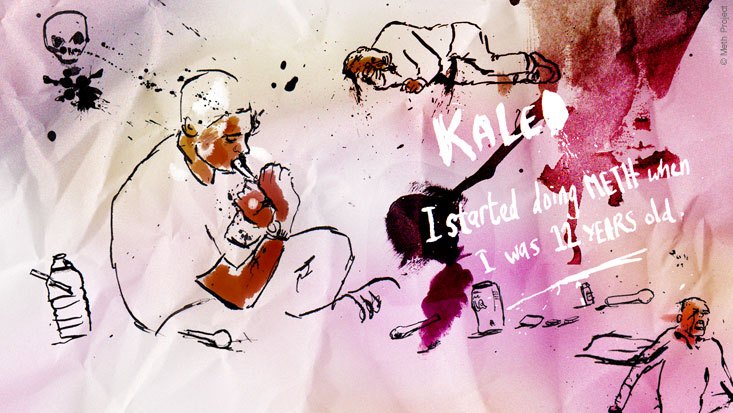Coin Toss
Will trying Meth turn you into an addict? In one word: Maybe. Anyone can become an addict. But your odds aren’t as simple as a coin toss.Click the coin to flip
PowerMeth is one of the most addictive substances and hooks people faster than almost any other illegal drug. When people say Meth is powerful, they’re not always just talking about the high.
DeceptionMeth grabs hold of people before they even know it's happening. People often believe they're in control, but later look back and realize the drug was.
Vicious CycleThe intense and long-lasting initial high followed by a severe crash creates a vicious cycle of highs, lows, and wanting to use again to get out of the hole.
Brain ChemistryOver time, Meth changes the brain's chemical make up, decreasing its supply of dopamine—the feel-good hormone—as well as damaging receptors. This makes it difficult for users to feel pleasure and can affect memory, learning, and movement.
DependenceMeth makes users a slave to the drug by altering how the brain functions. Even when users stop getting pleasure from the drug, they continue to use despite its damaging effects.

Power
Deception
Vicious Cycle
Brain Chemistry
Dependence
 |



Which one of the following statements about Meth addiction is true?











